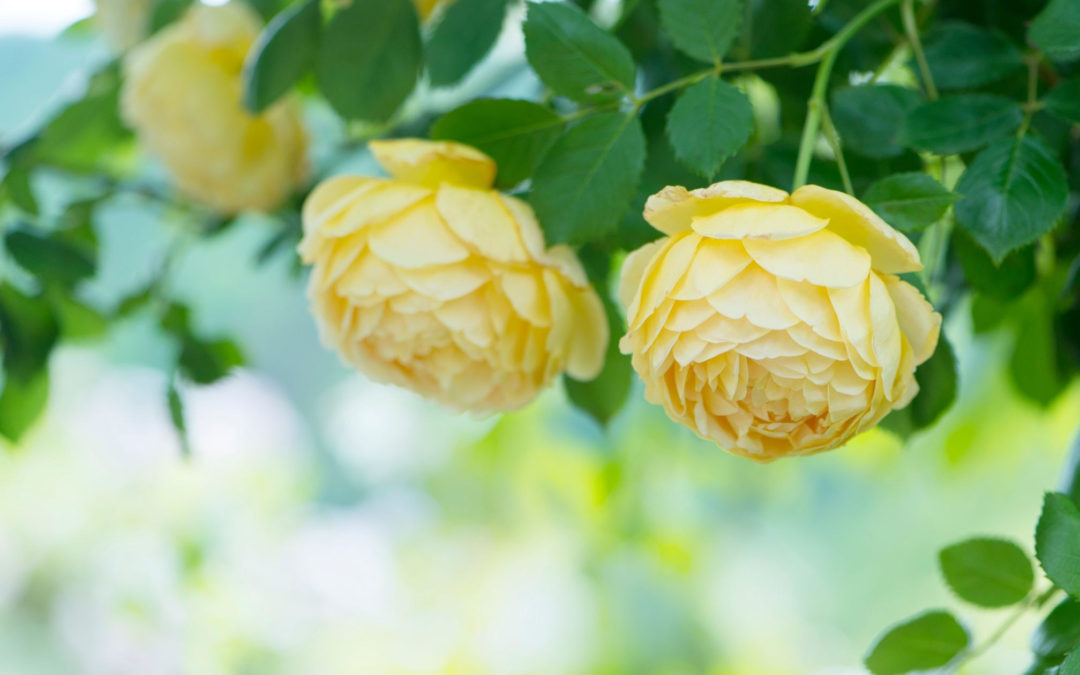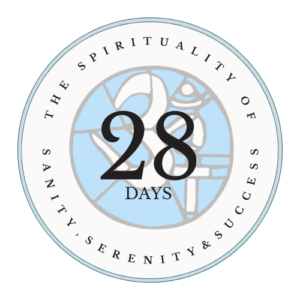In 1895, the average American lived on less than a dollar a day by today’s monetary standards. This meager amount of money means that the majority of people lived in abject poverty. Materially speaking, the vast majority of people in the West are significantly better off than their ancestors. Yet, we are experiencing an epidemic of depression, addiction to mood altering chemicals, and suicide. Why is this so? Jesus gives us the answer: “Man does not live by bread alone, but by every word that proceeds from the mouth of God.” We all have legitimate material needs, but we also have other needs which are human and soulful. When these needs are not fulfilled, we individually and collectively implode. From today’s Gospel, “the words that proceed from the mouth of God” manifest in three profound ways: truth, beauty and goodness.
Yogananda tells us, “Truth is in direct correspondence to Reality.” Translation: truth is the really real, and the really real is valid everywhere and at all times. For example, slavery is always a violation of the natural law and human dignity. Truth is the solid ground underpinning life. Basing our choices in truth effectively grounds us and gives us a solid sense of security. Truth is not an equation, but a force that guides us toward our highest, most evolutionary fulfillment. Truth is manifested in the Ten Commandments and in the Yamas and Niyamas.
Francis of Assisi stated, “God is beauty.” If our spirituality is to be healthy and fruitful, we must establish a relationship with beauty. Psychologist Jordan Peterson tells us, “We live by beauty. We live by literature. We live by art. We cannot live without some connection to the Divine—and beauty is divine.” We know we are in the presence of beauty because we are elevated out of our cynicism and meanness. Without beauty, life necessarily takes on a lifeless, colorless, and tragic tone. Beauty tells us that there are paths worth pursuing and paths that need to be abandoned. Beauty is a force that brings harmony to our emotions, thoughts, and actions. As long as our awareness is mired in the calculating, grasping mind, we will not recognize beauty. We need soft eyes, a tender heart, and interior space to see it. Beauty is not something we possess, but a force that possesses us and fashions us into the Divine Image.
Goodness is not necessarily easy to define, but we recognize it when we see it. The lives of Martin Luther King and Mother Teresa overflowed with goodness; we can also see goodness in the life of the Dalai Lama. Pure goodness is taintless, honest, and selfless. A light which dispels darkness, goodness brings out the best in us. It is a force that bestows courage and strength. Goodness shows up as truth, compassion, and love. Goodness divinizes us. At the deepest level, goodness is God, and God is the very essence of Goodness.
In short, truth, beauty, and goodness constitute what the Bible refers to as heavenly manna, nourishment that both humanizes and divinizes us. Yogananda tells us, “You must be a divine bee, tasting nothing but the sweetness, the goodness, of the honey of God. Remember that, and try to absorb in yourself the good qualities of others. By adoring and tasting human goodness, we can find God… Beholding goodness in everything, you will certainly find that one day the Invisible Power will shatter all the little windows of thoughts and sensations and feelings through which you have been seeing only glimpses of the divine harmony in creation; you will behold through an infinite opening the Omnipresent goodness, God.”
Truth, beauty, and goodness
Serve me as the words of God
That feed my heart and soul.






